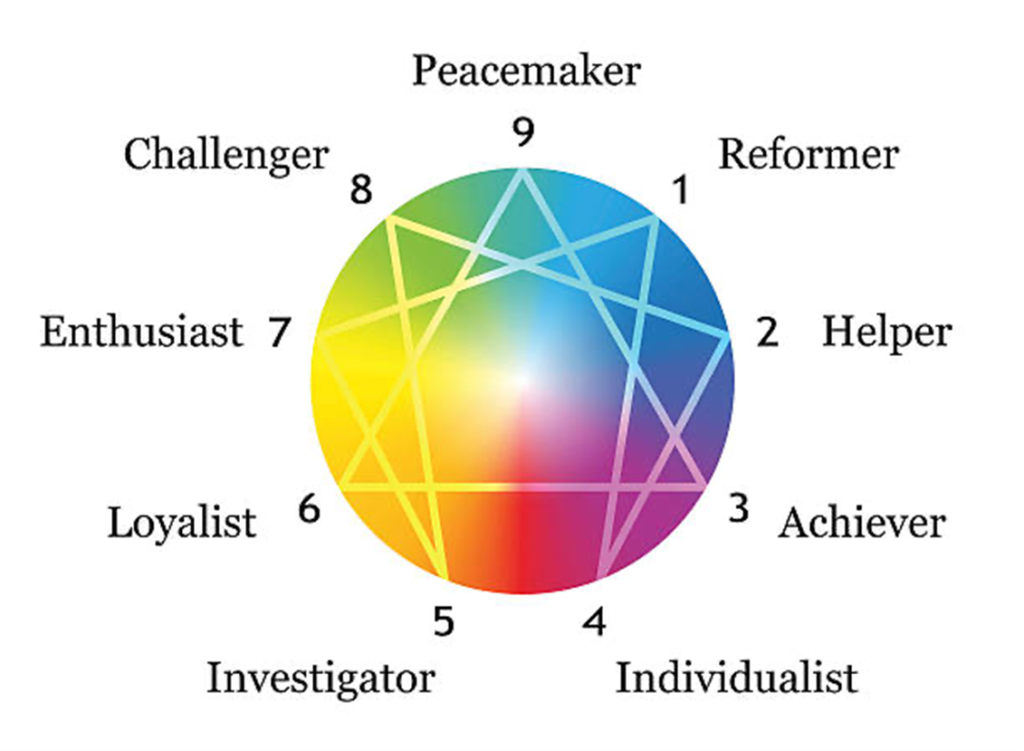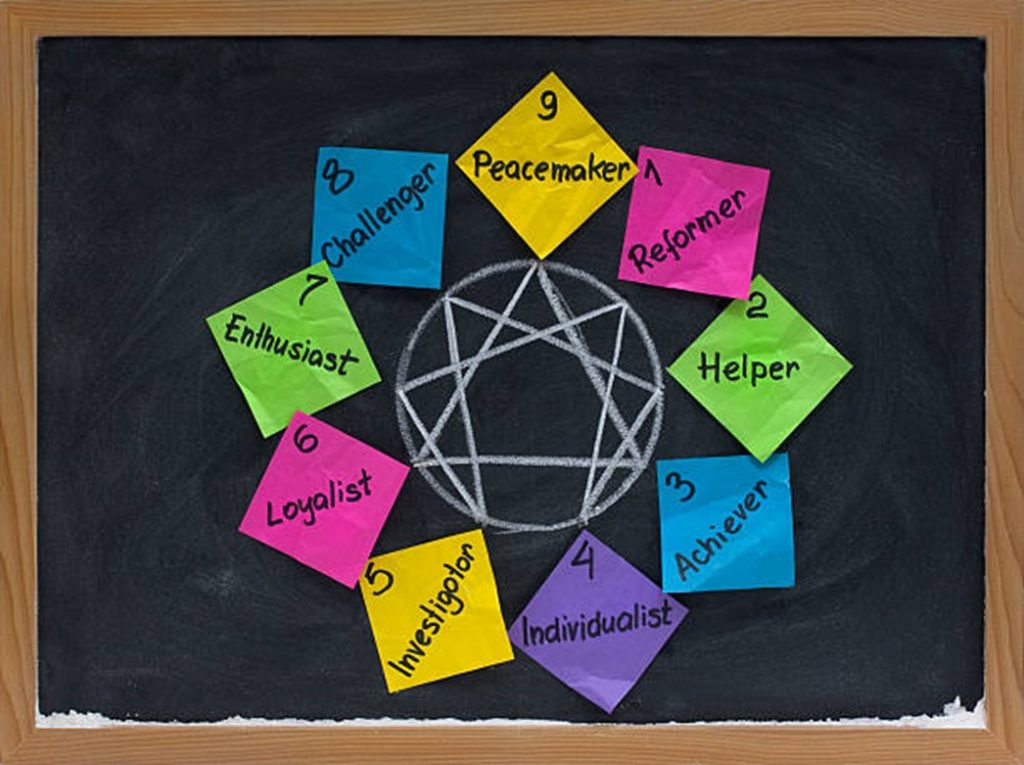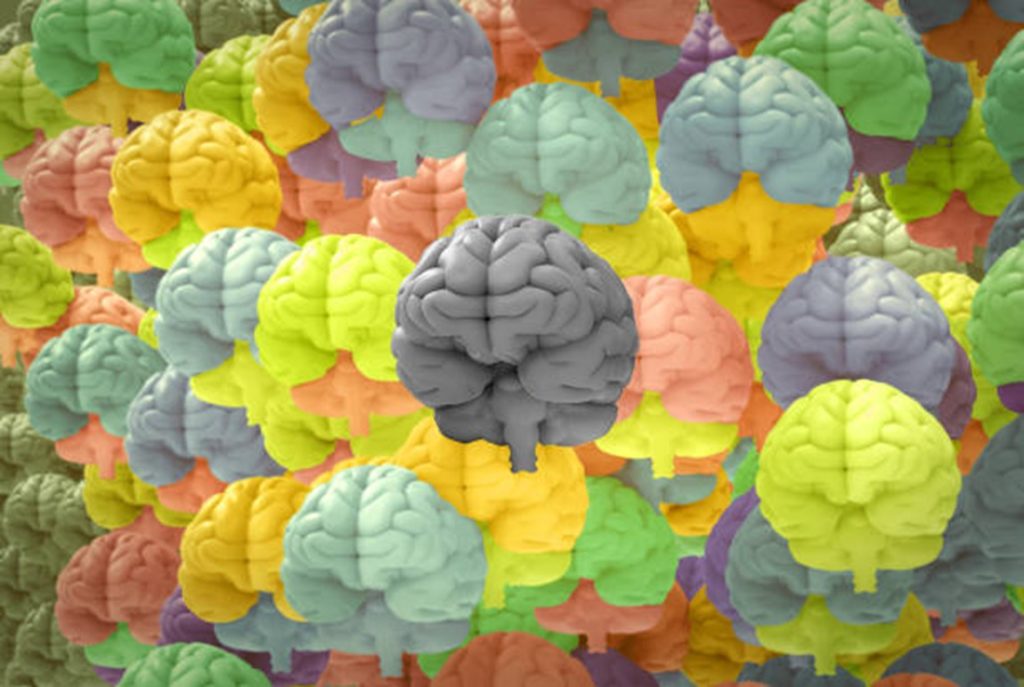
Know thyself. It’s debatable what Greek philosopher wrote the directive but is said to be one of the three ancient inscriptions in Temple of Apollo in Delphi. Often, we assume we know who we are, but in actuality, it takes intentional work to examine the lens of how we view the world. Sure, maybe ignorance is bliss, but it gets us nowhere. Could it be that we need to do the hard work? I often tell my clients that therapy is not all that much fun. It is work, and it is painful and it takes discipline to show up. And what we don’t know about ourselves can hurt us. Self-knowledge is empowering.
The Enneagram is a tool that allows us to recognize the parts of our personalities that hold us back from living our best lives. Ennea means “nine” and gram means “drawing” or “figure.” So, the Enneagram is a nine-pointed geometric figure that represents nine basic personality types and, so interesting is the interrelatedness of the personality types.

“Just nine differing personality types?” you ask. Good question. The categorizing seems to make a lot of sense, though, and of course within each basic personality, there are a billion differences because we are all blissfully unique. And our individual experiences affect us from early on. Advocates of the Enneagram emphasize the idea that no personality type is better or worse than another, as each type has its own strengths and weaknesses.
Here are the Nine Personality Types in brevity:

- The Perfectionist: ethical dedicated and reliable, they are motivated by a desire to live the right way, improve the world, and avoid fault and blame.
- The Helper: Warm, caring, and giving, they are motivated by a need to be loved and needed, and to avoid acknowledging their own needs.
- The Performer: Success-oriented, image-conscious and wired for productivity, they are motivated by a need to be (or appear to be) successful and to avoid failure.
- The Romantic: Creative, sensitive, and moody, they are motivated by a need to be understood, experience their oversized feelings and avoid being ordinary.
- The Investigator: Analytical, detached, and private, they are motivated by need to gain knowledge, conserve energy, and avoid relying on others.
- The Loyalist: Committed, practical, and witty, they are worse-case scenario thinkers who are motivated by fear and the need for security.
- The Enthusiast: Fun, spontaneous, and adventuresome, they are motivated by a need to be happy, to plan stimulating experiences, and to avoid pain.
- The Challenger: Commanding, intense, and confrontational, they are motivated by a need to be strong and avoid feeling weak or vulnerable.
- The Peacemaker: Pleasant and laid back, and accommodating, they are motivated by a need to keep the peace, merge with others, and avoid conflict.
Researchers say that number is not so much determined about what you do as it is why you do it. Truity.com is a place where you can take a version of the enneagram for free and receive responses about your personality type. OF course, a more specific result is available for a fee. And if you’d like to delve further in to this assessment that is widely accepted in the therapy realm, there are also some good books out there that lead you through to a better understanding of the test and to a better understanding of yourself.


